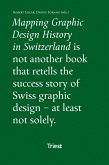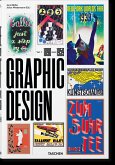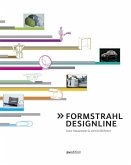Design History has become a complex and wide-ranging discipline. It now examines artefacts from conception to development, production, mediation, and consumption. Over the last few decades, the discipline has developed a diverse range of theories and methodologies for the analysis of objects. Design History presents the most comprehensive overview and guide to these developments.
The book first traces the development of the discipline, explaining how it draws from Art History, Industrial Design, Cultural History and Material Culture Studies. The core of the book then analyses the seminal methodologies used in Design History today. The final section highlights the key issues concerning knowledge and meaning in Design. Throughout, the aim is to present a concise and accessible introduction to this complex field.
A map to the intellectual landscape of Design History, the book will be an invaluable guide for students and a very useful reference for scholars.
The book first traces the development of the discipline, explaining how it draws from Art History, Industrial Design, Cultural History and Material Culture Studies. The core of the book then analyses the seminal methodologies used in Design History today. The final section highlights the key issues concerning knowledge and meaning in Design. Throughout, the aim is to present a concise and accessible introduction to this complex field.
A map to the intellectual landscape of Design History, the book will be an invaluable guide for students and a very useful reference for scholars.








